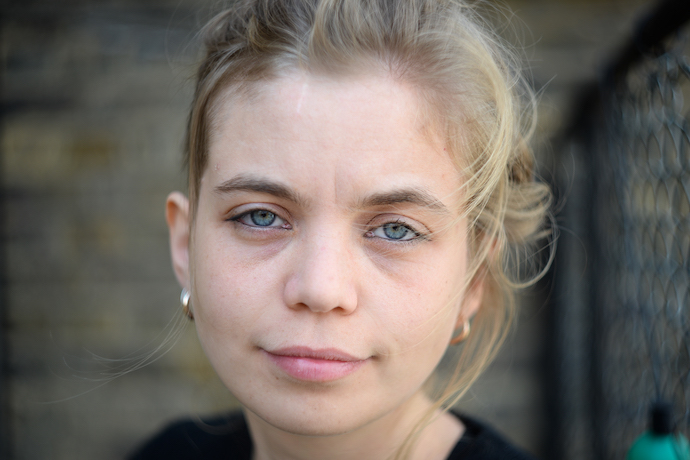
French-British soprano and composer Hélöise Werner | Photo: Emma Werner
The French-British soprano and composer Héloïse Werner has long found inspiration in unusual places. Her latest project takes on a somewhat unsavoury aspect of historical French culture.
In the last decades of the nineteenth century, neurologist Jean-Martin Charcot held public theatrical demonstrations on hysteria, at the Salpêtrière Hospital in Paris. These ‘hysteria shows’ became known as Les Leçons du Mardi, or The Tuesday Lectures. Patients interned at the hospital, almost all of whom were women, were brought in front of an eager Parisian audience to act out their symptoms.
On Thursday March 8th, as part of her takeover of Wigmore Hall to mark International Women’s Day, French-British soprano and composer Héloïse Werner, alongside the Tippett Quartet, will be premiering her new work (based on the libretto of Emma Werner) reflecting on the content of these nineteenth-century lectures.
Will Snell caught up with Werner to gather some insight into her piece and its upcoming premiere.
Did you envision this work and then come across the Charcot materials or the other way around?
This project has been very collaborative. With my sister Emma Werner, a scientist by training and now a writer and creative producer specialising in the meeting of art and science, we wanted to create a piece exploring sexism in medical history centring around the now obsolete concept of ‘female hysteria’. In our initial discussions, she introduced me to the Charcot materials and suggested that these provide a framework for the composition. I agreed immediately!
- Read: Profile of soprano and composer Héloïse Werner
- Read: Preview of Murmuration | an exhibition from composer Freya Waley-Cohen and her sculptor mother Josie Spencer
Emma Werner produced the libretto for this work. Is it lifted directly from the Charcot lectures or was it more informed by them? Or by anything else?
While the concept of the Tuesday Lectures provides a setting and foundation for the piece, the libretto is primarily made up of excerpts from scientific literature ranging from 5th century BC Hippocratic texts to 17th century medical textbooks to late 19th century publications alongside a variety of modern-day sources. The piece ends with a sung poem, written by Emma, which is an imagined testimony from a female patient at the Salpêtrière.
What is the mood we can expect from your work and its performance?
Highly-charged, shocking, baffling, ridiculous, almost funny at times.
Some people might think you’re giving these lectures an undue platform. How would you respond to that?
We’re playing with the theatrical nature of the lectures to create a setting within which quotes from many different eras are spoken by the performers to clearly demonstrate how sexist attitudes and assumptions have pervaded throughout history. The lectures were a particularly extreme and cruel example of this, and we ridicule them more than anything. Additionally, in our
setting it is the woman performer who holds the agency and controls the presentation.
- Watch: Interview with Roger Kennedy about psychoanalysis and music
- Read: Review of The Power of Music | a book exploring the links between music, emotion and psychoanalysis
What’s the rest of the programme? How did it come together?
Just before the 2020 lockdown, the Tippett Quartet and I premiered Freya Waley-Cohen’s fantastic Spell Book (Volume 2). We then had plans to tour the work throughout 2020, which all got cancelled. I was determined to programme it again as soon as we could and I am so glad that it is now getting a second outing. The concert will also feature some beautiful songs by Kate Whitley, which I have also worked on before with the quartet. To complete the programme, I suggested to the quartet that they perform
Caroline Shaw’s stunning piece Entr’acte as well as Doreen Carwithen’s Quartet No.1, which they have recently recorded for SOMM Recordings.
Are you doing anything else to mark International Women’s day?
In the evening, I will also be performing at the Wigmore Hall with The Hermes Experiment – an eclectic programme of works by women composers.
Héloïse Werner premieres Les Leçons du Mardi at Wigmore Hall on Wednesday March 8th. Book tickets here.